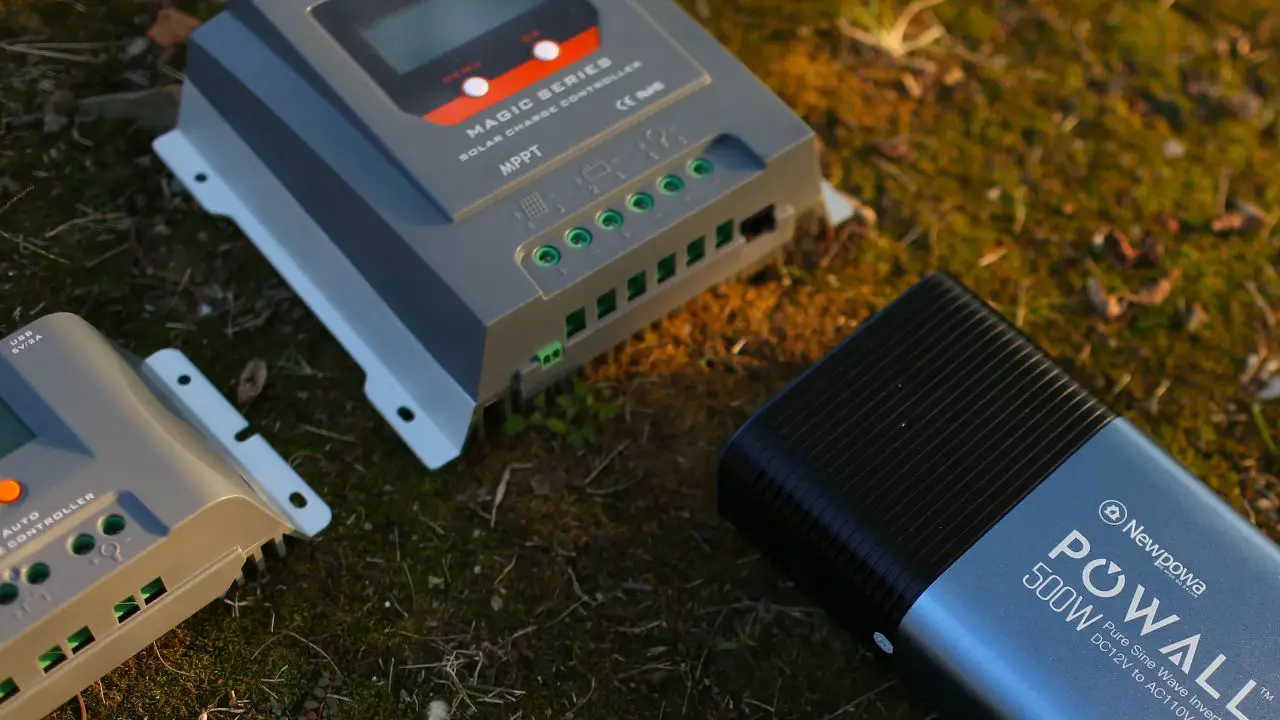What Are The Different Types Of Solar Inverters And Their Functions?
Solar inverters convert solar energy into usable power. Types include String Inverters for small-scale use, Central Inverters for large operations, Microinverters for individual panel efficiency, Battery-Based Inverters for off-grid living, and Hybrid Inverters for versatility.

Solar power is a popular renewable energy source, not just for living off the grid, but for everyday home use too. It's great for powering everything from our garden lights to our garden ornaments and even some of our outdoor living gadgets. But how does this energy get converted into a form we can use? The answer is, by solar inverters.
What is a Solar Inverter?
Solar inverters are integral parts of any solar power system. They take the direct current (DC) generated by the solar panel and convert it into alternating current (AC), which is used by most household appliances. In addition to converting energy, solar inverters also provide ground fault protection and system stats, including voltage and current on AC and DC circuits, energy production, and maximum power point tracking.
Different Types of Solar Inverters
There are several types of solar inverters available, each with its own advantages and disadvantages.
String Inverters
These are the most common and economical type of inverter. They're connected to a series, or "string", of solar panels. If you're running a smaller-scale operation, such as powering a few appliances on a camping trip, a string inverter could be ideal for you.
Central Inverters
Central inverters are similar to string inverters but are used on a larger scale. These inverters are perfect if you have a larger number of solar panels installed, like in commercial buildings or utility-scale solar installations.
Microinverters
A microinverter is installed on each solar panel in a system, allowing them to operate independently from one another. This type of inverter is beneficial for installations where shading is an issue, or if you want to maximise the efficiency of each panel. These are also great for DIY solar garden light projects.
Battery-Based Inverters
If you're seeking to live completely off the grid or want a backup in case of a power outage, you'll need a battery-based inverter. These inverters not only convert DC to AC power but also have the ability to charge a battery bank.
Hybrid Inverters
Hybrid inverters (also known as multi-mode inverters) are the most advanced option. They combine the work of both a standard string inverter and a battery-based inverter. This allows you to both save energy for later use and remain connected to the grid.
Conclusion
Choosing the right solar inverter is an essential step in harnessing the power of the sun. It's crucial to understand the different types of inverters and how they function to find the best fit for your solar power needs, whether you're lighting up your solar windmills or powering your entire home. The type of inverter you choose will depend on your solar project's scale, your budget, and your specific energy needs.

